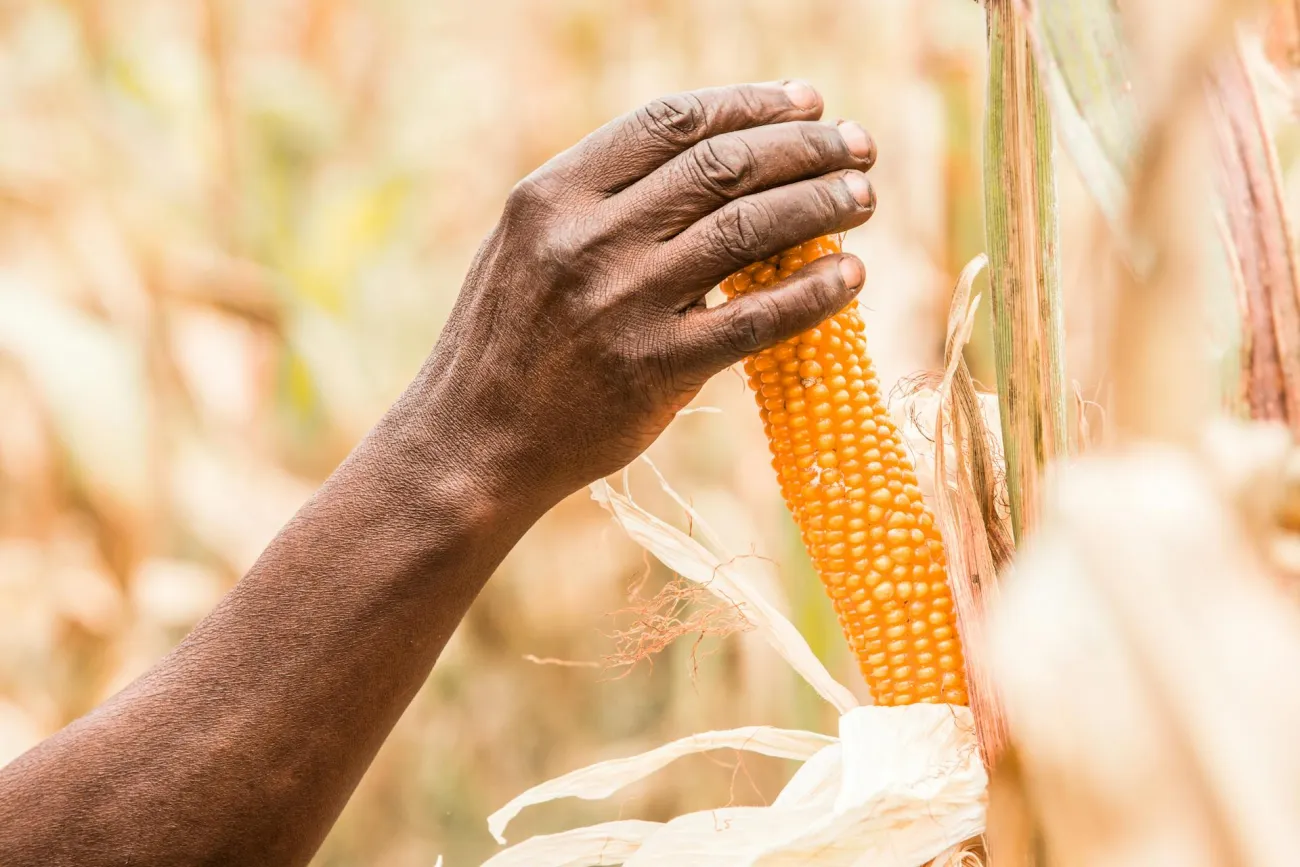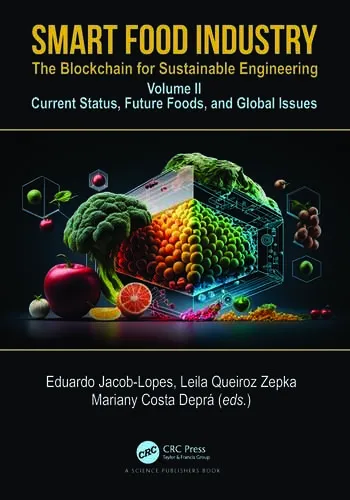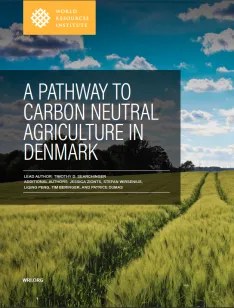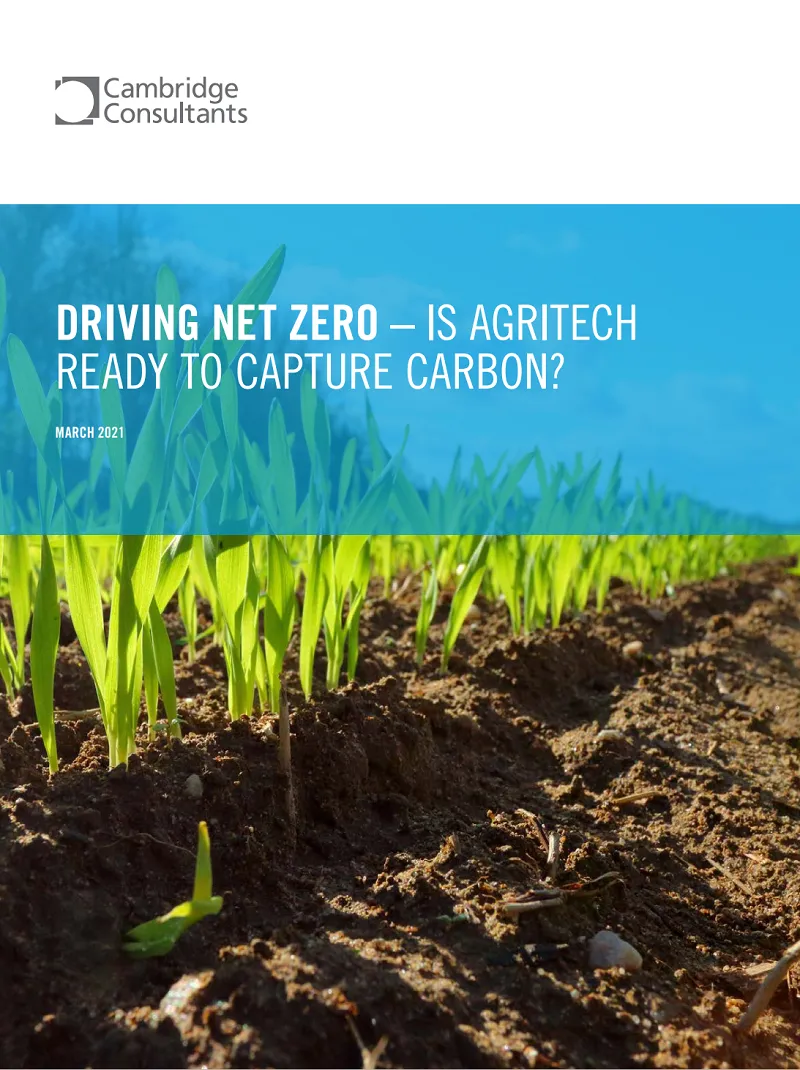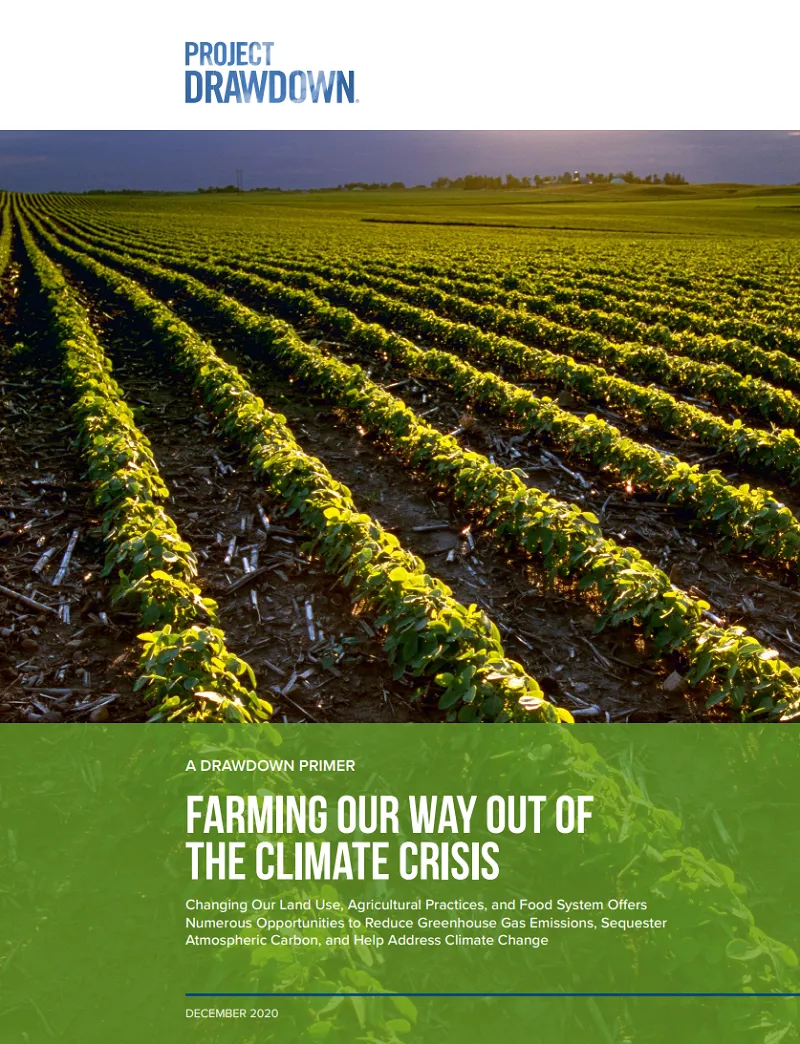Climate smart agriculture (CSA) was first introduced by the FAO in 2010 as an integrated approach geared at reorienting and redesigning agricultural systems to address and build resilience to climate change, and is often discussed in the context of low-income countries. CSA involves three interconnected elements: increasing agricultural productivity and incomes; adapting and building resilience to climate change; and the mitigation of greenhouse gas emissions. It aims to identify context specific agricultural strategies supporting these elements and guide coordinated actions among stakeholders (e.g. farmers, researchers, private sector, civil society and policy makers) from the farm to the global level. CSA is criticised for justifying nearly any form of agriculture (thereby ‘greenwashing’ unsustainable practices) and for failing to address enduring inequalities in food production and distribution. CSA is closely related to the concepts of sustainable intensification and ecological intensification but differs from them in its strong focus on planning and implementation for climate change adaptation and mitigation, and less on reducing environmental impacts beyond emissions.
